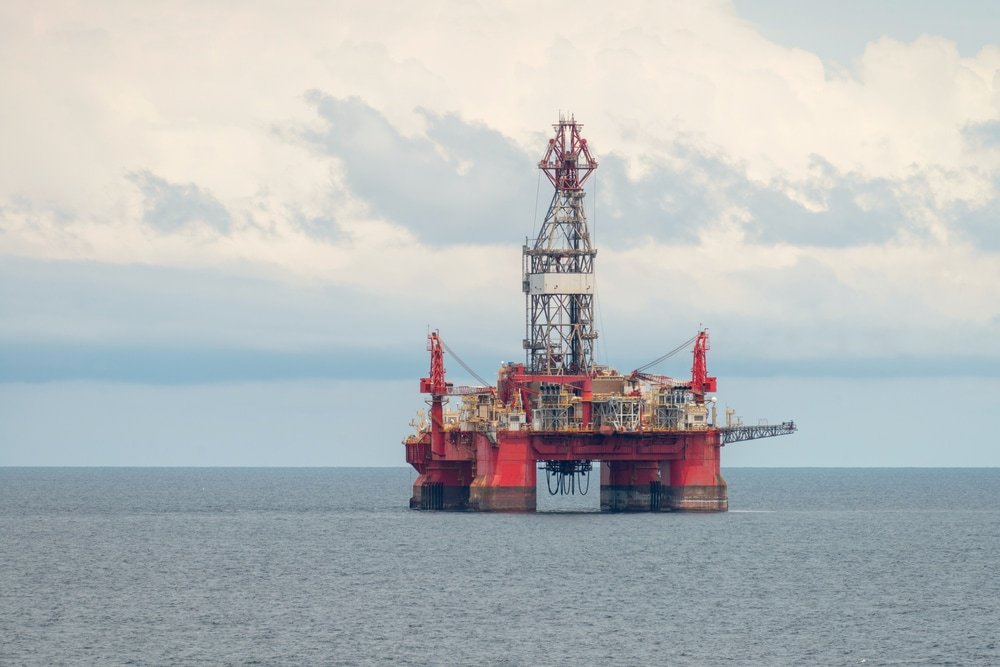For the OECD, by 2030 its valueblue economy – that is an economic model based on creating a sustainable economic system through technological innovation – will double to over $3 trillion.
However, what rears its head is not only the specter of ocean mining of metals and rare earths, already very serious in itself, but also the fact that There is no international legislation regulating these activities. In fact, until now the International Seabed Authority – ISA, a United Nations agency established in 1994 – has not found a regulatory framework that brings together the ideas, needs and regulations of all 167 member countries regarding concerns the extraction of these raw materials.
Let’s summarize the situation.
Last March 3 the Oceans Treaty was concluded with historic success and in July it will be decided whether or not mining activities in the depths – the so-called deep mining – will be allowed, not without serious consequences for everyone. Seems contradictory, right? Obviously his approval The treaty to protect 30% of the seas (and high seas) by 2030 was not enough to calm the “crimson of gold” around the world.
At the beginning of May the Secretary General of the ISA was in Rome Michael Lodge, who stated: “we have about thirty active seabed exploration and mapping projects around the world, which are coordinated by us (…) China funds five, Russia three, Germany, Japan, the Republic of Korea, India two. Others are supported by France, Germany, Poland, the United Kingdom, Belgium.” Is it Italy? He obviously spoke for us too: “They are one of the European countries that have not yet been involved in sponsorships. At the beginning, in the 1980s, in the context of a consortium with the US and other states, there was a certain interest, then it disappeared.”
All this, despite the fact that the Mediterranean is also among the areas in which the explorations can proceed!
but what is the problem? The problem is that Italy is among the 36 countries with voting rights in the International Seabed Authority and… His vote for deep-water mining could be decisive. Last November, as reported by Greenpeace, Italy argued that environmental protection must be guaranteed before mining begins. However, We also know that at least a few large Italian companies are keenly interested in deep mining. In fact, they could easily turn their offshore oil extraction expertise into this type of business.
Of great interest are the areas of South Tyrrhenian Sea, north of the Aeolian Islands and the Clarion – Clipperton area (Ccz) in the Pacific Ocean: a little-known abyssal plain that has remained fairly unspoiled and where many endangered species find the strength to recover. However, in this area there are also millions of polymetallic nodules that take millions of years to form and host a huge biodiversity on their surface.

These are “spheres” rich in iron, manganese, copper, nickel and cobalt that gather around a so-called natural trigger that can be a shell, a shark’s tooth… here you can find a very interesting explanation for this.
So these are metals that are highly sought after by many continents.
Continued mining not only means destruction, pollution and water pollution, it also means breaking the balance on which our survival, our food and the ability of the oceans to absorb carbon dioxide depend
These consequences are obviously not the result of ideologies, but have been studied and reported by the Deep Sea Conservation Coalition, a group of 100 international organizations.
At the latest we can count 17 of the 31 licenses granted by the ISA in the Ccz area, while two refer to the Indian Ocean and the Pacific Northwest.
In short, our oceans are already struggling to withstand unprecedented pressure from fishing, drilling, pesticide and plastic pollution.
This kind of activity would make the situation worse, increasingly endangering our well-being in the short term and our survival in the long term.
Federica Gasbarro works with The Wom independently and is in no way associated with the advertisements that may appear in this content.

